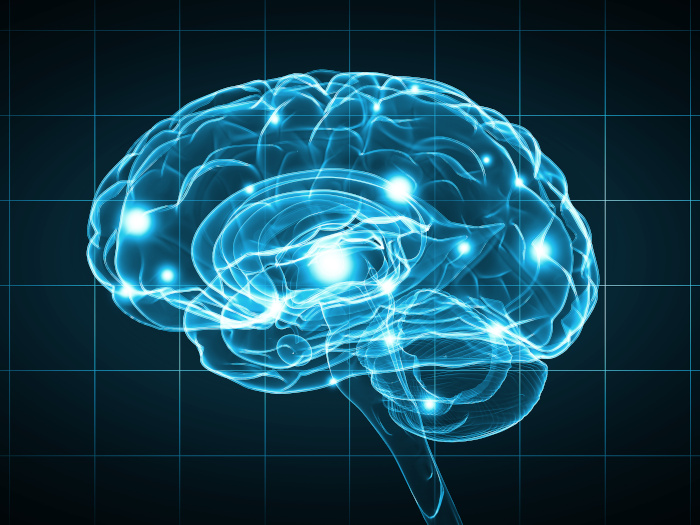Why do our memories not get muddled with other new events? Why are they long-lasting? Researchers from the University of Bristol may have found answers to these queries that many of us take as simple facts. Their work shows why our memories are so distinct and long-lasting. Published in Nature Communications, the study reveals how the brain learns and stabilizes memories. It explored how it reduces the interference between different memories. [1]

The connections that form our memory also help in stabilizing it. Photo Credit: Shutterstock
These key findings also provide us with an insight into the formation of expectations and how we come to predictions about our future. Memories are first created when the links between nerve cells that receive and send signals to and from the brain become stronger. This system is also associated with the triggering of the hippocampus, the region of the brain connected with memory formation.
These triggering connections were balanced by inhibitory connections in the brain for a stable and healthy functioning brain. The researchers found that these inhibitory connections also help in stabilizing memory. Interestingly, these connections can also vary in their strength. It insulates the hippocampus to stabilize in the face of triggering connections. It prevents the disruptions of memories from new incoming experiences.
Memories also have a role in how we see the world. “Memories form the basis of our expectations about future events and enable us to make more accurate predictions. What the brain is constantly doing is matching our expectations to reality, finding out where mismatches occur, and using this information to determine what we need to learn,” said senior author Professor Jack Mellor, Professor in Neuroscience at the Centre for Synaptic Plasticity, University of Bristol.
